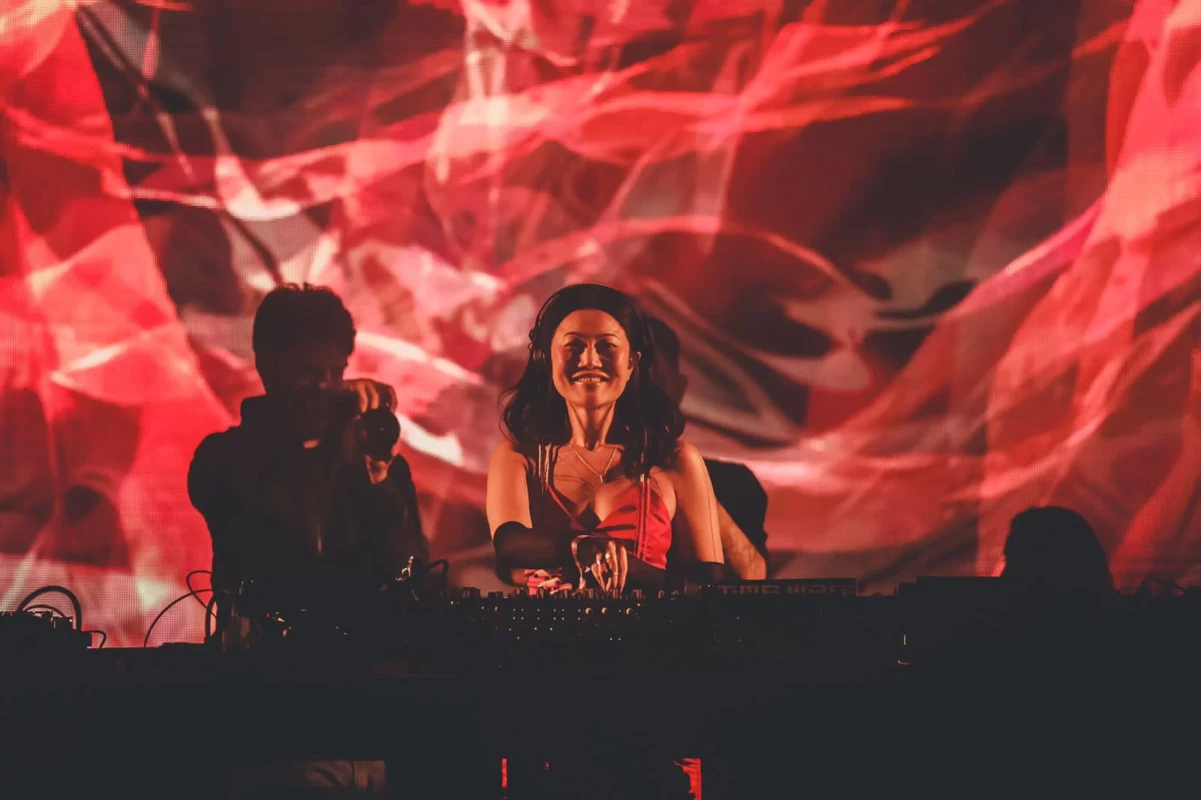An incredibly common occurrence in discussions of The Legend of Korra is for the conversation to turn toward the show's politics. While many of the broader themes in Avatar: The Last Airbender are certainly political in their own right, the sequel series made its politics much more nuanced and grappled with its issues in difficult ways. Although it made the show far more controversial, its boldness and willingness to confront such issues head on deserves a massive amount of credit.
Politics can be difficult to handle in cartoons geared toward younger audiences but The Last Airbender managed to do it beautifully. Issues of imperialism and genocide, the nature of pacifism and its place in ethical action, the psychological effect of abuse and the importance of forgiveness and acceptance in order to heal were all major issues that The Last Airbender dealt with front and center.
At the same time, the stance that the series took on those issues and the way that it talked about them operated in relatively uncontroversial ways, settling into resolutions that were unlikely to upset anyone in its audience. The best example would be Aang's pacifism winning out in the series' finale, with his newfound ability to remove the Fire Lord's powers ably dodging the overarching pressure throughout the series that Aang would need to resort to murder in order to save the world. It was a "have your cake and eat it, too" solution, and on its own merits there's certainly no fault with that.
The decisions and developments throughout Korra prove far more controversial, but what deserves praise is the series' courage in confronting such tough questions in difficult ways. Right from the start the series was overtly political, introducing the Equalists as the primary antagonistic force at the beginning of Korra's career who sought to overthrow the ruling minority class of benders in favor of the powerless majority of nonbenders. The Equalists' rhetoric could be charismatic, convincing, and ultimately... right.
Their violent means and terroristic methods were absolutely to be condemned, and the series is forthright with that fact. Ultimately, however, their complaints about society were justified, necessitating the dissolution of the ruling council of benders preceding the democratic election of the nonbender President Raiko. Amon was not some cackling mad supervillain bent on world domination, and in contesting him, Korra had to accept the truths that helped prop up his lies.
That same theme, of learning to see her opposition's point and learn from it, was one which developed with every subsequent season. Even when the following season's Unalaq fit the more generic role of a power-mad supervillain, there was still a justifiable point on his side: the Spirit World and the human world did not need to be as separated as they'd been for thousands of years. In choosing to keep them united, Korra made a revolutionary decision that forever changed the state of the world.
The second season frequently proves to be the one least popular with fans but said contention perhaps best demonstrates what's great about the show's courage: The whole point behind Korra making such a massive decision was that sometimes an individual needs to listen to what their own judgment tells them and even when it means bucking tradition and rocking the boat it's important to act on that judgment. There's a certain courageousness in unpopularity.
Said courageousness continued in subsequent seasons, and by Books 3 and 4 the politics were so overt you would have to be blind to miss them. The third season centered around the anarchistic Red Lotus destabilizing the world, assassinating political leaders, and outright proclaiming themselves as enemies to the very concept of government. When their leader Zaheer outlined his politics to Korra, he made it clear they actually had a lot in common; "I want what you want," Zaheer says, "to restore balance to this world."
Zaheer's actions ultimately prove to upset the world's balance, and in dealing with the opposite extreme of the political spectrum, Book 4 introduced Kuvira as a fascistic force, showing how authoritarian rulers can capitalize on the disorder sown by violent revolutions.
The Legend of Korra resists a simple good/evil narrative, favoring instead an ebb and flow between moral greys Korra repeatedly struggles against. Regardless of how you feel about the show's politics, it's a bold choice. Following the overwhelming success of a universal fan favorite like The Last Airbender was never going to be easy for Korra's reputation, but the show leaned into its heavy subject matter head-on. Just like Korra herself says, she's the Avatar and you gotta deal with it.


